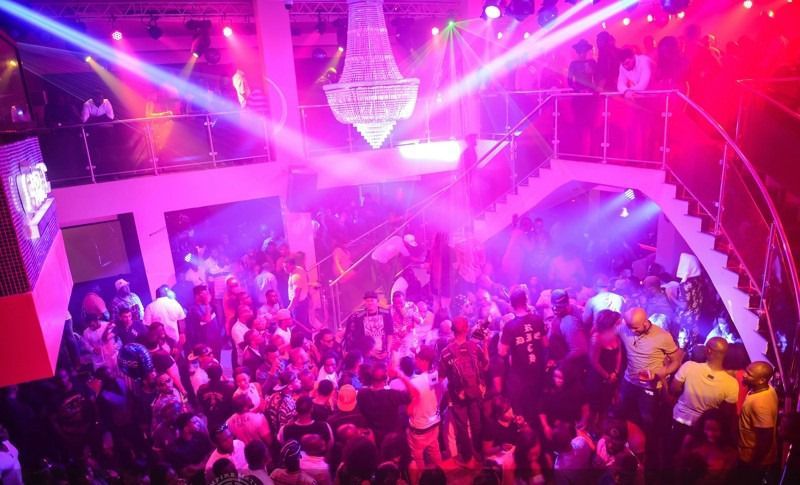
Clubbing has long been seen as a rite of passage for young adults, a place where people can let loose, dance to pulsating beats, and socialize until the early hours.
For many, it’s an exhilarating escape from daily life. However, not everyone finds the club scene appealing.
In fact, a significant number of people genuinely do not enjoy clubbing for various reasons.
Below are seven key reasons why some people would rather skip the nightclub scene.
1. Discomfort with Loud Environments
One of the most common reasons people shy away from clubs is the overwhelming volume of the music. Nightclubs are notorious for their booming sound systems, designed to keep the energy high on the dance floor.
For individuals who are sensitive to loud noises or suffer from conditions like hyperacusis (increased sensitivity to sound), this environment can be more painful than pleasurable.
Even for those without hearing sensitivities, the constant barrage of loud music can quickly become exhausting.
READ ALSO: 10 things you can do in your youth to boost your memory when you're older2. Introverted Personalities
Clubbing often caters to extroverts who thrive in social settings with lots of stimulation. On the other hand, introverts may find these environments draining rather than energizing.
Introverts typically prefer quieter, more intimate gatherings where meaningful conversations can take place. The high-energy, crowded atmosphere of a nightclub can feel overwhelming and leave them longing for solitude or a quieter social setting.
3. Dislike of Crowds
Clubs are synonymous with crowds, especially during peak hours. For individuals who suffer from claustrophobia or simply prefer personal space, the packed dance floors and long queues at the bar can be a nightmare.
The jostling, lack of room to move freely, and occasional invasion of personal boundaries are enough to deter many people from enjoying a night out in a club.
4. Substance-Free Lifestyle Choices
The clubbing culture is often associated with alcohol and, in some cases, recreational drugs. For those who choose to lead a sober lifestyle - whether for personal, religious, or health reasons - the heavy presence of these substances can make the club environment feel uninviting.
They may find it uncomfortable to be surrounded by intoxicated individuals or feel out of place when they aren't partaking in the same activities as the majority.
5. Financial Considerations
Clubbing can be expensive. Cover charges, overpriced drinks, and transportation costs add up quickly, making a night out in a club a costly affair.
Some people simply don’t see the value in spending a significant amount of money on an experience that doesn’t align with their interests.
For budget-conscious individuals, the expense of clubbing might outweigh any potential enjoyment, leading them to seek more affordable forms of entertainment.
6. Lack of Interest in Dancing
Dancing is a central part of the clubbing experience. However, not everyone enjoys dancing, especially in a public setting. Some people feel self-conscious about their dance moves, while others just don’t find dancing enjoyable.
For those who don’t like to dance, spending hours in a club where the main activity revolves around the dance floor can feel pointless or even torturous.
READ ALSO: Why you feel tired in January and how to get your energy back7. Preference for Different Social Settings
Ultimately, personal preference plays a significant role. Some people prefer settings where they can have in-depth conversations, engage in group activities like board games or sports, or enjoy live music in a calmer environment.
These alternatives offer a more relaxed atmosphere where social interactions aren’t limited by loud music or fleeting encounters. Clubs, with their focus on high-energy entertainment and fleeting social interactions, simply don’t cater to these preferences.
While clubbing is a popular pastime for many, it’s not universally enjoyed.
Discomfort with loud environments, introverted personalities, dislike of crowds, substance-free lifestyles, financial concerns, lack of interest in dancing, and a preference for different social settings are just some of the reasons why some people avoid the club scene.
Recognizing and respecting these preferences can lead to a more inclusive understanding of how people choose to spend their leisure time.
After all, the key to a great night out is finding an environment that truly resonates with your personal enjoyment, whether that’s at a bustling nightclub or a cozy evening with close friends.